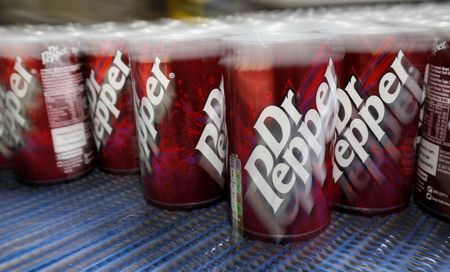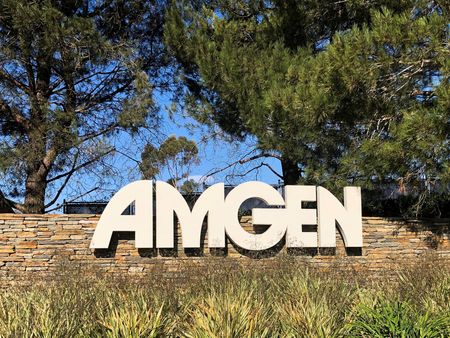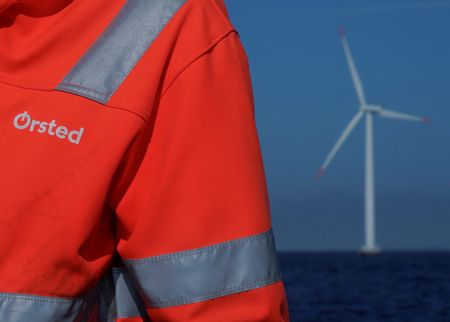(Reuters) -Shares of French drugmaker Valneva slumped more than 20% on Monday after the U.S. Food and Drug Administration suspended the licence for its chikungunya vaccine, Ixchiq, with immediate effect, citing serious safety concerns.
The FDA’s Center for Biologics Evaluation and Research (CBER) said the suspension was based on reports of more than 20 serious adverse events, including 21 hospitalizations and three deaths, with one fatality directly linked to vaccine-derived encephalitis.
The regulator noted that while Ixchiq received accelerated approval in November 2023 for adults at increased risk of chikungunya, confirmatory trials have yet to demonstrate clear clinical benefit.
“CBER’s benefit-risk analysis shows that under most plausible scenarios, the vaccine does not provide benefits outweighing the risks,” the agency said, adding that continued use “would pose a danger to health.”
Valneva shares were down 22.1%, on track for their worst day since June 2022 and at the bottom of France’s index. U.S.-listed shares of the company were also down over 20% in early trading.
Valneva said it would immediately halt shipping and sales of the vaccine in the United States. The company is also evaluating the potential impact of permanently withdrawing the vaccine from the U.S. but would not change its financial outlook.
Ixchiq accounted for 7.5 million euros ($8.78 million), or more than 8% of Valneva’s total product sales, in the first half of 2025.
With the FDA suspending Ixchiq’s license, Bavarian Nordic’s Vimkunya is the sole remaining chikungunya vaccine available in U.S.
Vimkunya was approved by the FDA in April for protection among individuals aged 12 years and above.
Despite seeing the suspension as a setback, brokerage Kempen wrote in a note that it views Ixchiq as only a minor reason to invest in Valneva.
“We see a negative share price reaction today as an attractive entry point,” the brokerage added.
Chikungunya can cause high fever, joint pain and long-term disability and is spread primarily by the Aedes mosquito species, including the “tiger mosquito” which also transmits dengue.
Ixchiq, which was also approved in Europe, uses a weakened form of the virus to stimulate an immune response.
($1 = 0.8538 euros)
(Reporting by Mrinalika Roy in Bengaluru, Alessandro Parodi in Gdansk, editing by Matt Scuffham, Kirsten Donovan and Anil D’Silva)










